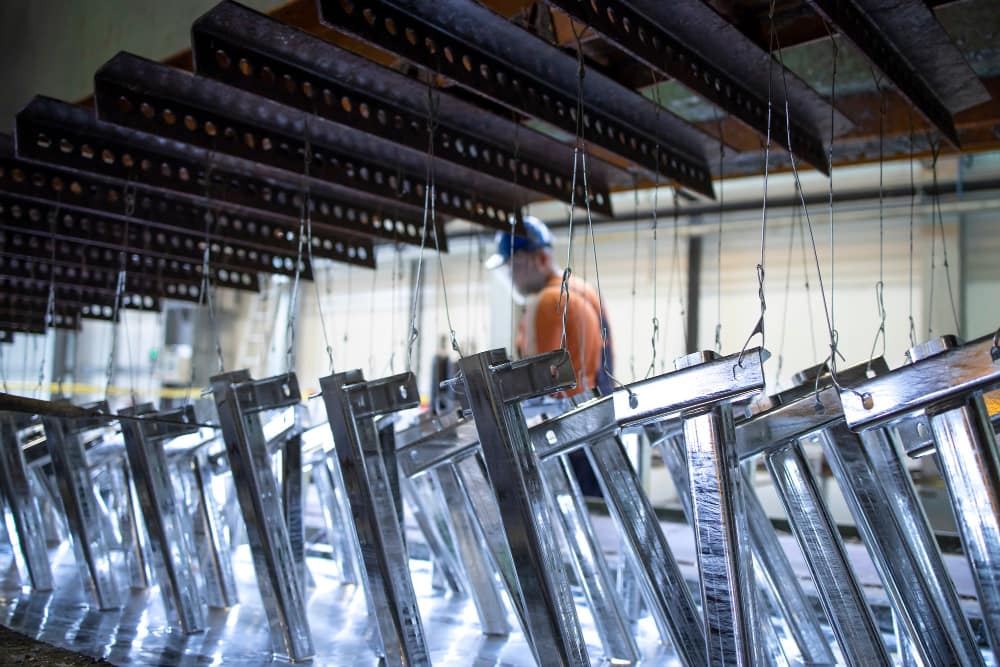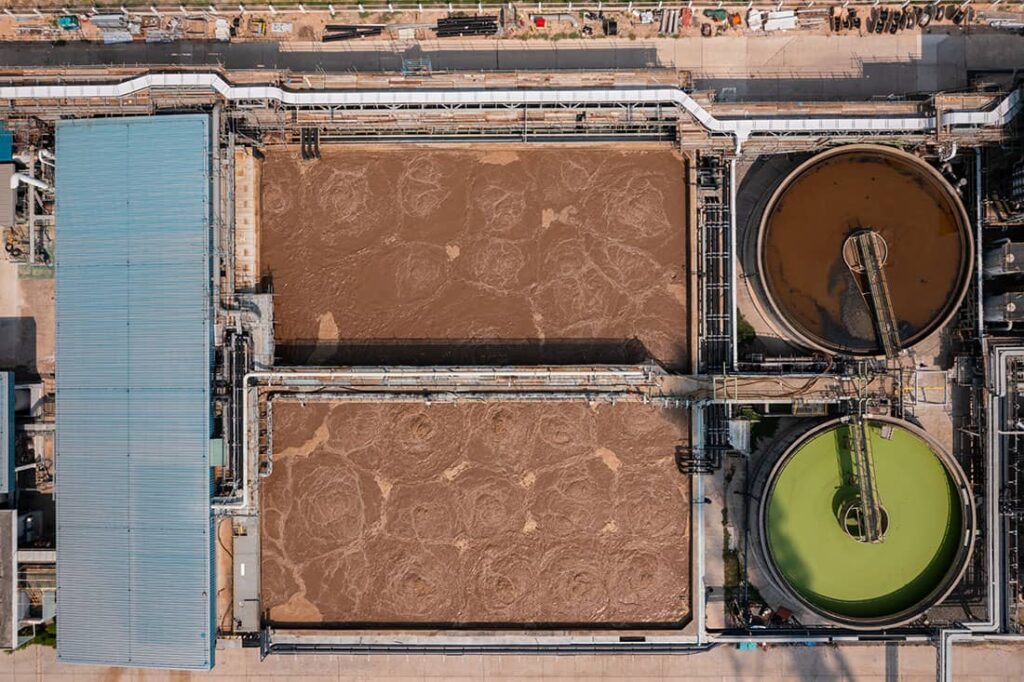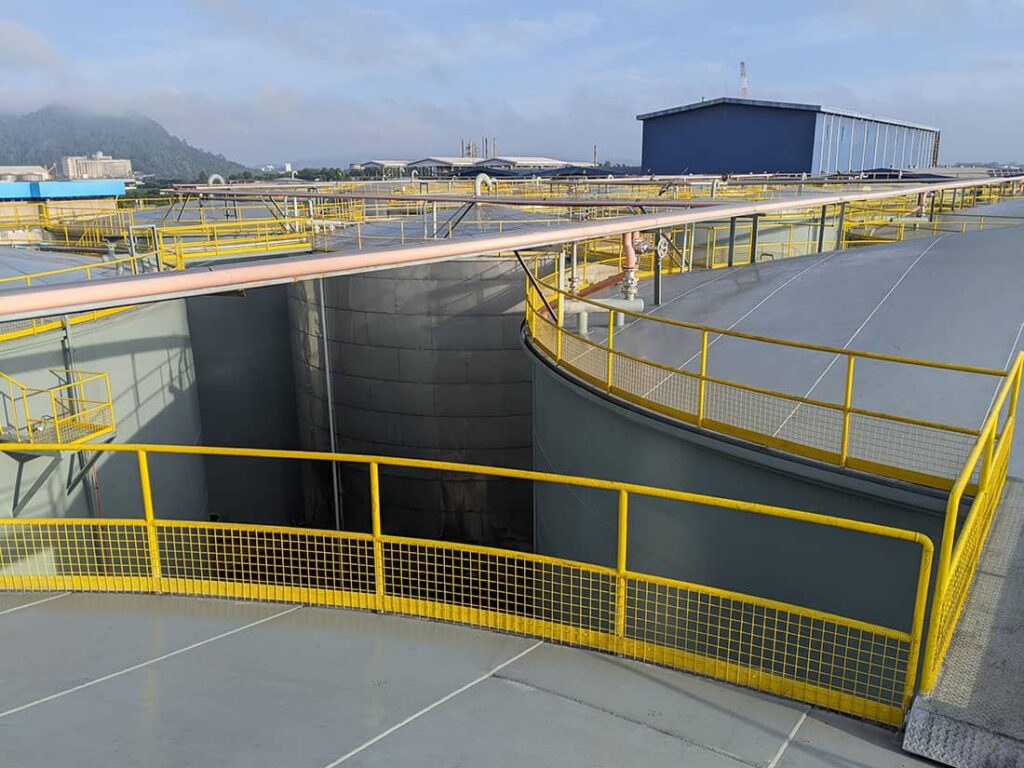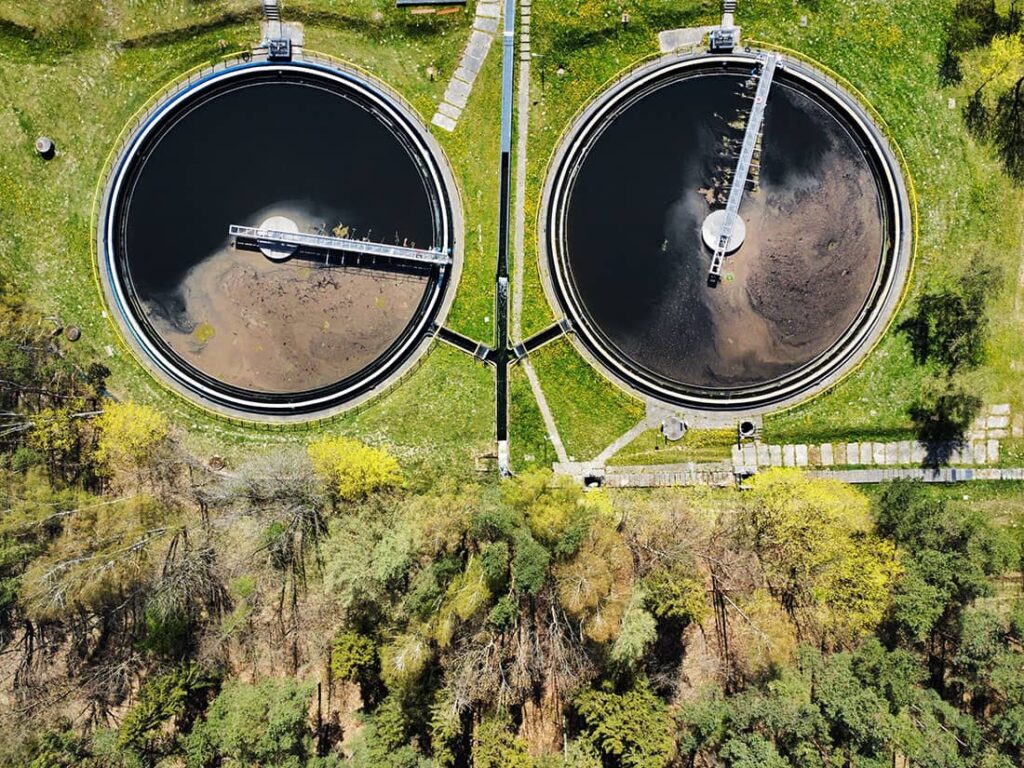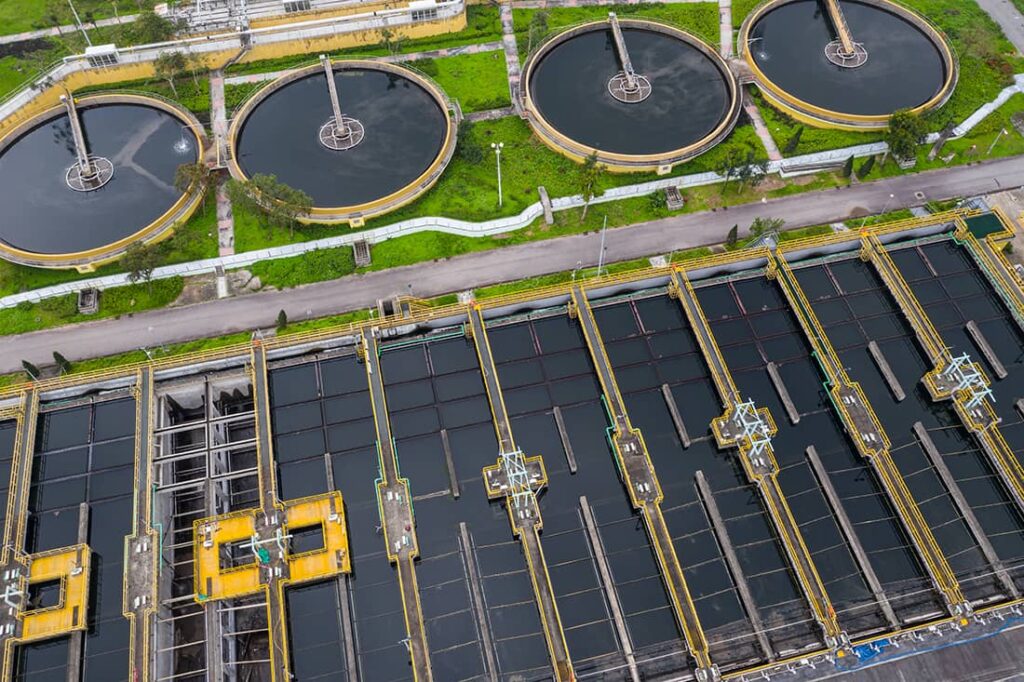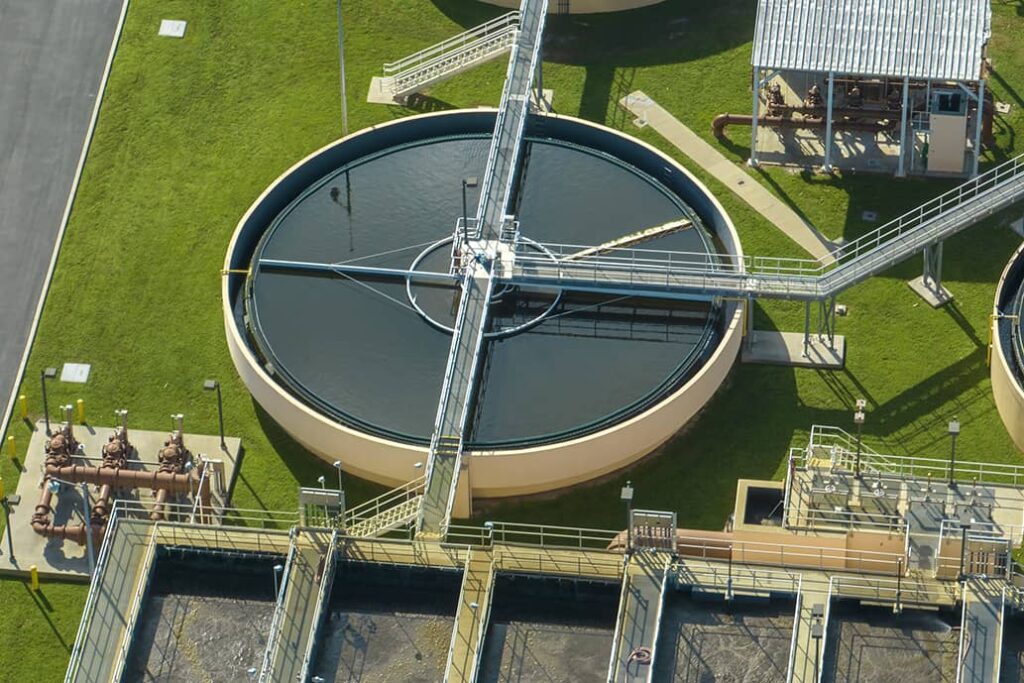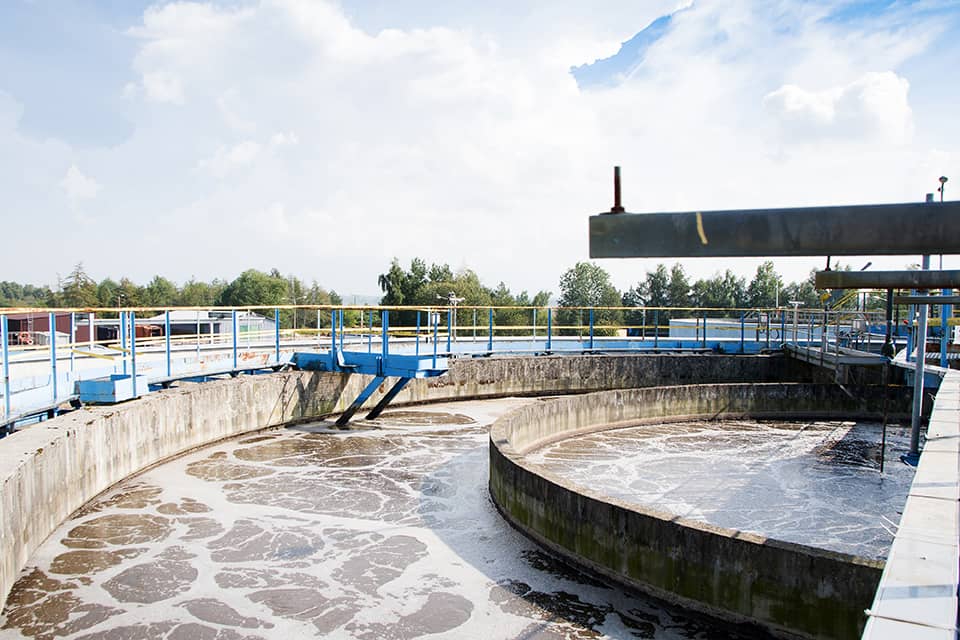Stainless steel production offers a myriad of advantages, making it a preferred choice across various industries. In this guide, we delve into the manufacturing process of stainless steel products and explore their wide-ranging applications in different sectors.
1. Manufacturing Process
Stainless steel is produced through a series of complex processes involving melting, refining, casting, and shaping. The primary materials used in stainless steel production are iron ore, chromium, nickel, and other alloying elements. These raw materials are melted in a furnace and then refined to remove impurities. The molten steel is cast into ingots or billets, which are subsequently hot-rolled, cold-rolled, or forged into the desired shapes. Finally, various finishing processes such as pickling, passivation, and polishing are employed to enhance the surface quality of the stainless steel products.
2. Advantages of Stainless Steel
Stainless steel offers numerous advantages over other materials, making it highly desirable for a wide range of applications. Some key advantages include:
- Corrosion Resistance: Stainless steel exhibits excellent corrosion resistance, making it ideal for applications in harsh environments such as marine, chemical, and food processing industries.
- Strength and Durability: Stainless steel is renowned for its strength, durability, and resistance to mechanical damage, making it suitable for heavy-duty applications in construction, transportation, and infrastructure.
- Hygiene and Cleanliness: Stainless steel is easy to clean and maintain, making it a preferred choice for applications requiring high levels of hygiene, such as healthcare facilities, pharmaceuticals, and food processing.
- Aesthetic Appeal: Stainless steel offers a sleek and modern aesthetic, making it popular for architectural, interior design, and decorative applications.
- Sustainability: Stainless steel is fully recyclable and can be recycled indefinitely without losing its properties, making it an environmentally friendly choice for sustainable manufacturing.
3. Applications in Various Industries
Stainless steel finds extensive applications across diverse industries due to its unique combination of properties. Some common applications include:
- Construction: Stainless steel is used in structural components, facades, roofing, and cladding in commercial, residential, and industrial buildings.
- Transportation: Stainless steel is utilized in automotive, aerospace, and marine applications for components such as exhaust systems, body panels, and fasteners.
- Energy and Utilities: Stainless steel is employed in power generation, oil and gas, and water treatment facilities for pipelines, tanks, valves, and fittings.
- Food and Beverage: Stainless steel is the material of choice for food processing equipment, storage tanks, conveyors, and utensils due to its hygienic properties.
- Healthcare: Stainless steel is used in medical devices, surgical instruments, hospital equipment, and sanitary fittings owing to its corrosion resistance and biocompatibility.
In conclusion, stainless steel production offers a multitude of advantages, ranging from corrosion resistance and durability to aesthetic appeal and sustainability. Its versatility and reliability make it an indispensable material in various industries, contributing to innovation, efficiency, and progress across the globe. As technology advances and new applications emerge, stainless steel continues to play a vital role in shaping the future of manufacturing and engineering.

